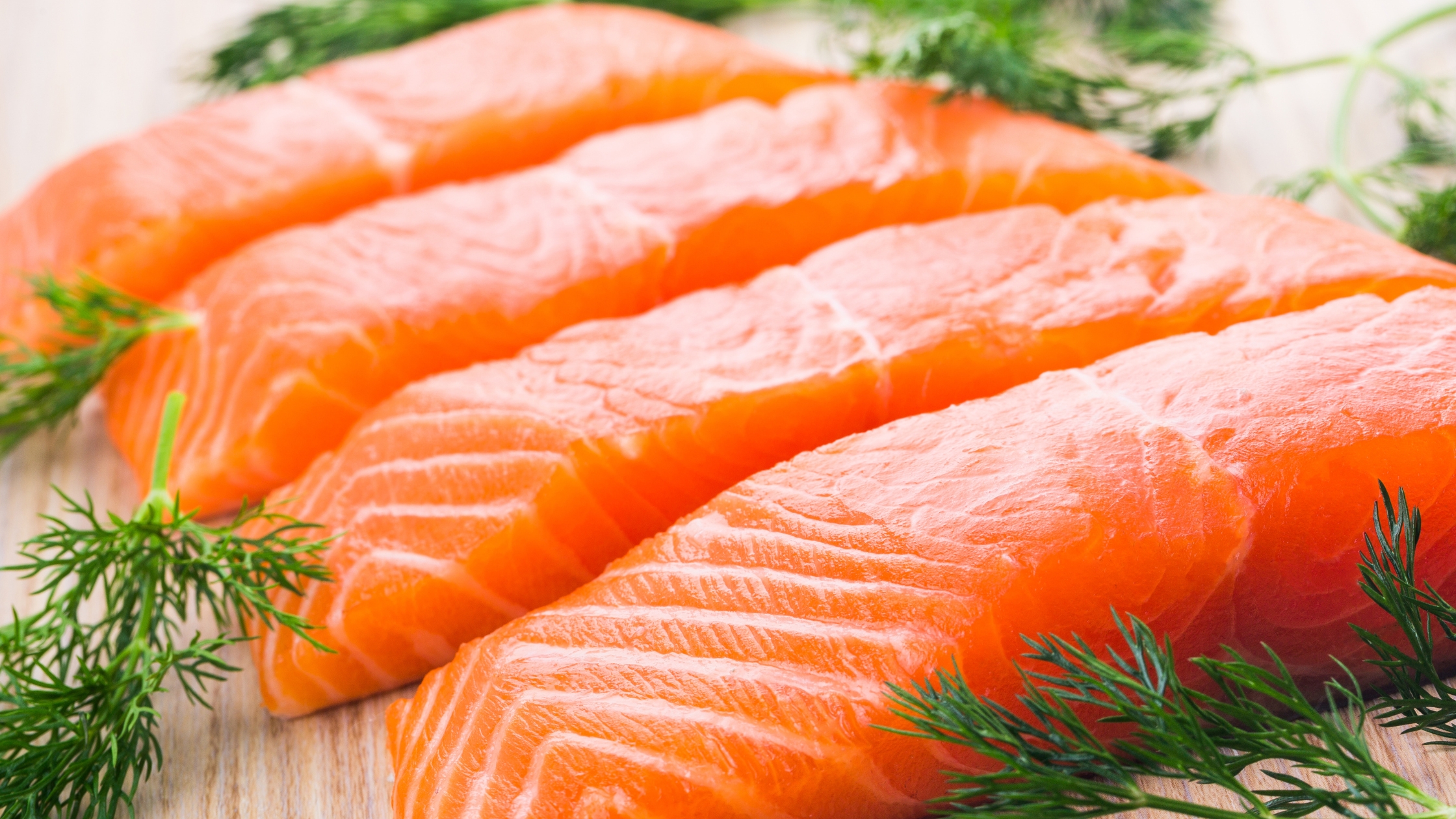
Fats have got a bad rap over the years and although some fats are bad, many are good and are actually crucial for brain structure and function. These good fats have been shown to help with cognitive functioning, mood and behaviours.
Fat is a major source of food and plays various important structural and metabolic functions, including energy storage, satiation, keeping us warm in the winter months, balancing blood sugars and can help reduce cravings and overeating which can be a problem for some of us when we struggle with a low mood.
The human body can produce the fat it requires from other food, except for a few – essential fatty acids (Omega 3 and 6) which means it must be obtained through the diet. The other important factor about consuming fats is that they also contain our fat soluble vitamins such as vitamin A,D,E and K, which we also needed to help support a happy mood.
There are good and bad fats. We want to be consuming the good fats and avoiding the bad fats to help optimize our mood. So let’s break this down for you.
Omega 6
You need to consume Omega 6 in moderation and from the right kind of foods. Omega 6 helps to stimulate skin and hair growth, maintains healthy bones, helps regulate metabolism, supports the reproductive system, helps reduce nerve pain, may help to reduce symptoms of ADHD, can reduce blood pressure, cholesterol and lower the risk of heart disease.
Omega 6’s are pro-inflammatory which means if we consume too much or the wrong kinds of Omega 6 foods this can create inflammation in the body which is not conducive to supporting a healthy mood. Although we need it in our diet, we often consume too much Omega 6 and not enough Omega 3, especially if we follow a Western diet. According to the Academy of Nutrition and Dietetics, women and men aged 19–50 need approximately 12 grams and 17 grams of omega-6 fatty acids per day, respectively.
Unhealthy Sources of Omega 6
- oil-based condiments like mayonnaise and commercial salad dressings
- margarines
- corn chips
- fast foods
- cake with frosting
- cured meats such as pepperoni
Healthy Sources of Omega 6
- walnuts
- sunflower seeds
- roasted chicken thighs
- tofu
- hemp seeds
Omega 3
Studies show that people with depression tend to have lower omega 3 levels compared to those people that don’t have depression. Researchers demonstrate that omega 3 fatty acid consumption (containing 1.5-2g of EPA per day) has mood-stimulating effects in people with depression. (6,7)
Foods high in omega 3 include:
- oily fish
- oysters
- walnuts
- macadamia nuts
- flax seeds
- chia seeds
- pumpkin seeds
- kidney beans and navy beans
Research shows that people who consumed the most oily fish were also less likely to experience symptoms of depression. The body can utilize the omega 3 more from fish that they can from supplementation. EPA and DHA are found in cold water fish and are important for brain functioning, mood, cognition and reducing inflammation.
The best oily fish to consume to get your EPA and DHA includes
- salmon, mackerel
- anchovies, herring
- halibut
- rainbow trout
- tuna
For some great Omega 3 seafood recipes, check out:
https://korunutrition.com/smoked-salmon-avocado-toast/
https://korunutrition.com/smoked-salmon-feta-egg-bake/
https://korunutrition.com/ginger-salmon-burgers/
https://korunutrition.com/salmon-chowder/
If you don’t want to consume fish, then take a fish oil supplement. Research has shown that taking a good quality fish oil supplement improved depressive symptoms in people with depression, with effects comparable to those of antidepressant medications. Additionally, people tended to see greater effects when the fish oil supplement contained higher doses of EPA. (8) Or, if you don’t like fish, try some of these none seafood recipes that still contain good amounts of omega 3:
https://korunutrition.com/chocolate-coffee-shake/
https://korunutrition.com/brain-boosting-salad-dressing/
https://korunutrition.com/chia-oat-parfait-kiwi/
https://korunutrition.com/coconut-yogurt-clusters/
SUMMARY
You must ensure that you get enough essential fats into your diet. Omega 6 in moderation from healthy sources such as hemp seeds and sunflower seeds, and omega 3 from oily fish, walnuts, chia and flax seeds. If you struggle with depression, then you may want to consider increasing your fish intake to 3x a week and taking an omega 3 supplement high in EPA.
If you would like more information on how to boost your mood naturally through diet, lifestyle and supplementation please check out Reclaim Your Happiness, our online nutrition and depression program.
References
- https://www.sciencedaily.com/releases/2011/01/110126171451.htm (stat)
- Hryhorczuk C. et al. 2016. “Dampened Mesolimbic Dopamine Function and Signaling by Saturated but not Monounsaturated Dietary Lipids.” Neuropsychopharmacology, 41(3):811-821.
- https://pubmed.ncbi.nlm.nih.gov/21298116/
- https://pubmed.ncbi.nlm.nih.gov/26171719/
- https://www.webmd.com/depression/depression-assessment/default.htm (olive oil)
- https://www.ncbi.nlm.nih.gov/pmc/articles/PMC5481805/ omega 3
- Morkl et al., 2018; Osher & Belmaker, 2009) omega 3
- https://www.ncbi.nlm.nih.gov/pmc/articles/PMC487245/





